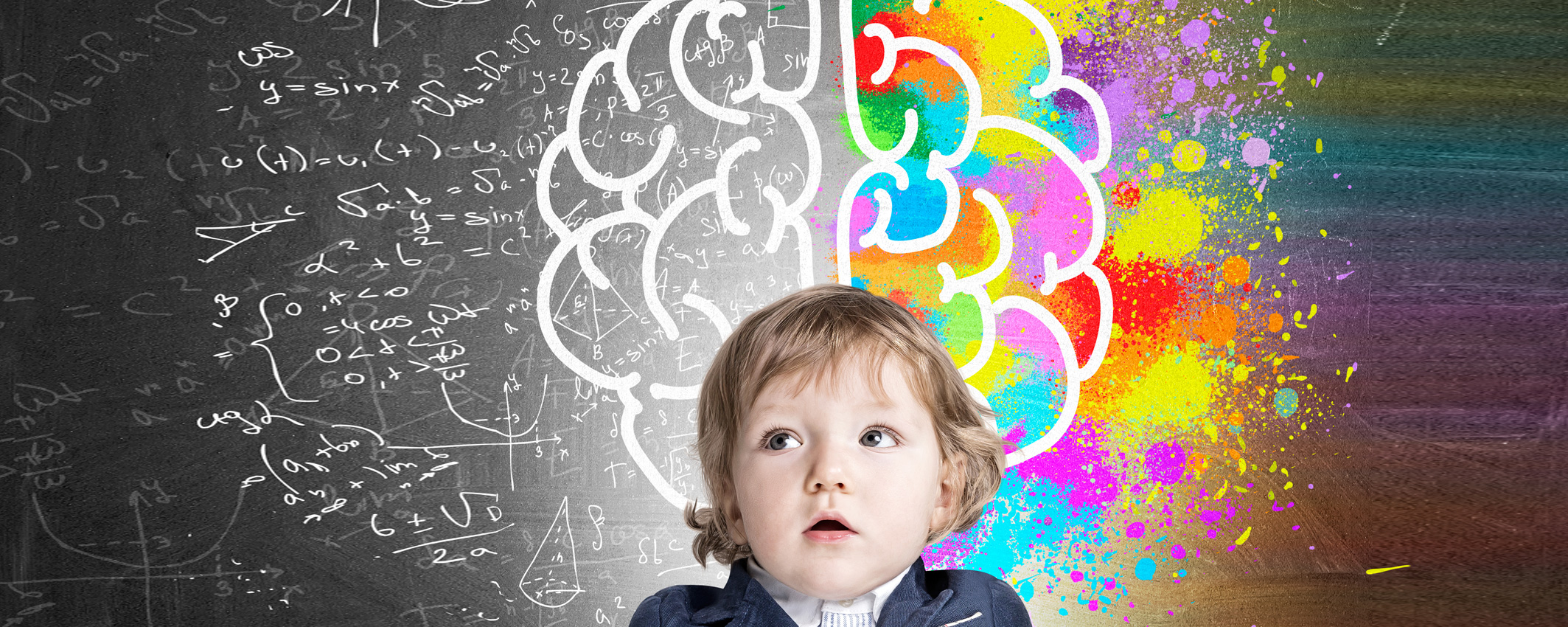 |
CCST9058 Scientific and Technological Literacy
|
Course Description
The world has become more and more challenging for all of us. Everyday we need to equip ourselves with new information and skills to survive, to navigate, to perform, and to excel. Naturally, our brain is constantly shaped and tuned by the endless input of information to meet the ever-changing demands. However, learning can be tricky, as it may not always happen smoothly even when we try very hard. It can also happen without us trying at all or even being aware of the information. How do we learn? And what happens with the brain when we learn?
In this course, students will take a fresh look at your own learning experience to critically evaluate how the brain can support learning and how, in turn, the brain is fundamentally changed by everyday experience. We will discuss how to formulate better learning strategies by understanding factors determining efficiency, as well as assessing the merit of scientific evidence and claims. Overall, students will learn to appreciate how understanding the brain can inform all of our development, health and education.

Course Learning Outcomes
On completing the course, students will be able to:
- Demonstrate a fundamental understanding of issues related to learning and the brain.
- Identify and describe learning in different real world contexts.
- Show an ability to evaluate the merit of scientific studies and their usefulness and limitations in tackling ill-defined problems.
- Apply theories and findings of research on learning and the brain to personal, social and cultural issues and to enhance learning efficiency.
- Demonstrate effective communication and collaboration with group members in critically evaluating and linking scientific studies to daily life.
Offer Semester and Day of Teaching
Second semester (Wed)
Study Load
| Activities | Number of hours |
| Lectures | 24 |
| Tutorials | 12 |
| Reading / Self-study | 30 |
| Assessment: Group project | 30 |
| Assessment: Presentation (incl preparation) | 18 |
| Assessment: Short essay | 18 |
| Assessment: In-class test (incl preparation) | 12 |
| Total: | 144 |
Assessment: 100% coursework
| Assessment Tasks | Weighting |
| Short essays | 40 |
| Group project presentation | 30 |
| In-class test | 30 |
Required Reading
- Beck, D., & Tapia, E. (2016). The brain. In R. Biswas-Diener & E. Diener (Eds), Noba textbook series: Psychology. Champaign, IL: DEF publishers. From http://nobaproject.com/textbooks/introduction-to-psychology-the-full-noba-collection/modules/the-brain
- Bukach, C. M., Gauthier, I., & Tarr, M. J. (2006). Beyond faces and modularity: the power of an expertise framework. Trends Cogn Sci, 10(4), 159-166.
- Costandi, M. (2017, April 28). The brain has its own “autofill” function for speech. Scientific American.
- Diener, E. (2016). Why Science? In R. Biswas-Diener & E. Diener (Eds), Noba textbook series: Psychology. Champaign, IL: DEF publishers.
- Diener, E., & Biswas-Diener, R. (2016). The replication crisis in psychology. In R. Biswas-Diener & E. Diener (Eds), Noba textbook series: Psychology. Champaign, IL: DEF publishers.
- Dudukovic, N., & Kuhl, B. (2016). Forgetting and amnesia. In R. Biswas-Diener & E. Diener (Eds), Noba textbook series: Psychology. Champaign, IL: DEF publishers.
- Gent, E. (2016, September 27). New “artificial synapse” gets closer to mimicking brain connections. Scientific American: LiveScience.
- Mitra, P. (2017, April 11). Is neuroscience limited by tools or ideas? Scientific American.
- Pan, S. C. (2016, October 25). A study power move: Sleep between sessions. Scientific American.
- Royal Society. (2011). Brain waves module 2: Neuroscience: implications for education and lifelong learning.
- Scientific American Mind, 23, 22-29.
- Stix, G. (2017, May 24). For the illiterate adult, learning to read produces enormous brain changes. Scientific American.
- Turner, V. S. (2017, February 28). The power of overlearning. Scientific American.
- Watanabe T., Naanaez, J. E., & Sasaki, Y. (2001). Perceptual learning without perception. Nature, 413, 844-848.
- Zeliadt, N. (2017, June 5). Autism in motion: Could motor problems trigger social ones? Scientific American: Spectrum.
Course Co-ordinator and Teacher(s)
| Course Co-ordinator | Contact |
| Professor A.C. Tang Division of Learning, Development and Diversity, Faculty of Education |
Tel: 3917 0389 Email: actang@hku.hk |
| Teacher(s) | Contact |
| Professor A.C. Tang Division of Learning, Development and Diversity, Faculty of Education |
Tel: 3917 0389 Email: actang@hku.hk |
| Dr G. Ouyang Division of Learning, Development and Diversity, Faculty of Education |
Tel: 3917 0391 Email: ouyangg@hku.hk |
| Dr R. Sun Division of Learning, Development and Diversity, Faculty of Education |
Tel: Email: sunrui@hku.hk |

